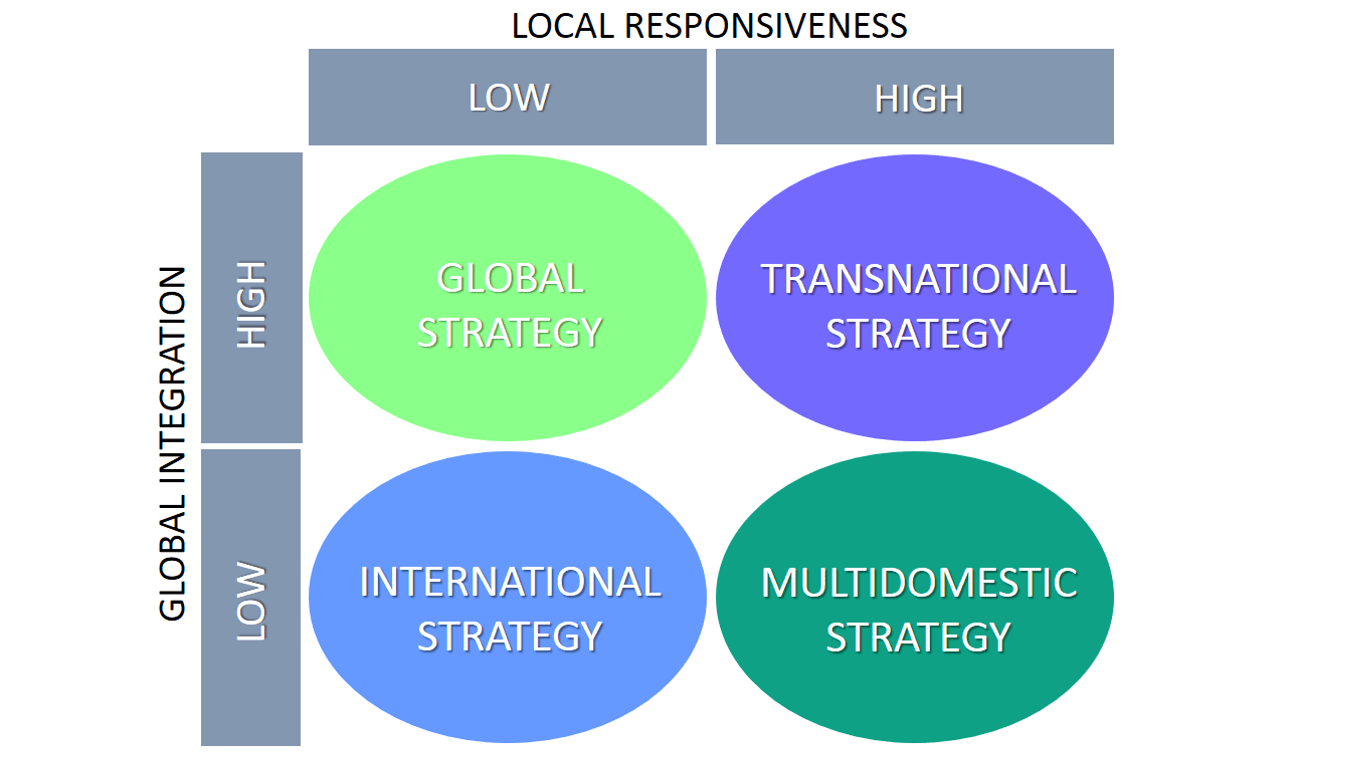Expanding a business and internationalizing its operations is a strategic move that many successful companies undertake. It involves entering new markets, reaching a wider customer base, and increasing profitability. However, expanding and internationalizing a business is not a decision to be taken lightly. It requires careful planning, comprehensive market research, and a robust strategy to ensure success in the international landscape.
Market Research
Before embarking on an internationalization strategy, thorough market research is crucial. It helps identify potential markets, understand local customs and preferences, and assess competition. Market research will provide valuable insights into consumer behavior, market size, and purchasing power. This information will guide business owners in making informed decisions about the feasibility and potential success of entering specific markets.
The collected data and analysis should also consider cultural differences, local regulations, and legal requirements. This knowledge will help tailor products and services to meet the needs and demands of the target market, ultimately increasing the chances of success.
Selecting Expansion Markets
Based on market research, potential expansion markets must be carefully assessed and evaluated. Factors such as economic stability, political environment, ease of doing business, and market saturation should be considered. Different markets may offer different growth opportunities and challenges, so it is essential to identify the most suitable ones for a successful expansion.
Additionally, businesses need to consider their own capabilities and resources when selecting expansion markets. It is essential to assess whether the company has the necessary infrastructure, human resources, and financial strength to penetrate and effectively operate in the target market. Partnering with local businesses or acquiring existing companies can also be viable strategies to expedite market entry and establish a strong presence.
Formulating an Internationalization Strategy
Once the target markets are identified, a comprehensive internationalization strategy should be developed. This strategy should outline clear objectives, methods of market entry, and steps to achieve sustained growth in international markets.
The strategy should also define how the company will adapt its products or services to cater to the preferences and needs of the target market. This may involve customizing packaging, modifying product features, or adjusting pricing strategies to suit local preferences and affordability. Marketing and branding approaches may also need to be tailored to resonate with the target market’s culture and values.
Establishing a Strong Network
Building a strong network of partners, distributors, and suppliers is crucial for successful internationalization. Collaborating with local businesses and entrepreneurs can provide valuable market insights, introduce the company to potential customers, and help navigate the local business landscape.
Engaging with local government bodies, trade associations, and industry groups also contributes to building a robust network. These organizations can provide information on market trends, regulatory changes, and potential business opportunities. Establishing strategic alliances and partnerships can lead to increased market penetration and broader distribution channels, enabling businesses to reach a wider audience.
Adapting to Local Legal and Regulatory Requirements
Every country has its own laws, regulations, and compliance requirements. It is crucial for businesses to become familiar with these regulations and adapt their operations accordingly. Failure to comply with local regulations can result in legal consequences, penalties, and damage to the company’s reputation.
Businesses should also consider intellectual property rights protection when expanding internationally. Registering trademarks, patents, and copyrights can safeguard the company’s innovations and prevent unauthorized use by competitors. Understanding and respecting local laws are integral to establishing a good reputation and building trust with customers and stakeholders.
Establishing Strong Communication Channels
Effective communication is essential for successful internationalization. As a business expands into new markets, it must ensure that communication channels with customers, suppliers, and partners are efficient and reliable.
Investing in multilingual customer support, language localization of marketing materials, and adopting culturally appropriate communication strategies are essential steps for effective communication. These efforts can enhance customer trust, increase brand loyalty, and improve overall customer experience. Regular communication with stakeholders and gaining feedback is vital for businesses to adapt and refine their internationalization strategy.
Continued Evaluation and Adaptation
International expansion is not a one-time effort; it requires ongoing evaluation and adaptation. Market dynamics change, consumer preferences evolve, and new competitors may enter the market. Businesses must continuously assess their strategy’s effectiveness and adjust their approach as needed.
Regular monitoring of key performance indicators, tracking sales growth, and conducting market research can identify emerging trends and provide the necessary insights for refinement and adaptation. Flexibility and the ability to quickly respond to changing market conditions are critical for sustained international success.
Conclusion
In today’s interconnected global economy, expanding and internationalizing a business is a strategic move that can unlock growth and profitability. However, successful internationalization requires careful planning, thorough market research, and the development of a comprehensive strategy tailored to each target market. By adapting to local customs, laws, and market dynamics, businesses can establish a strong foothold in new markets and reap the rewards of global expansion.
